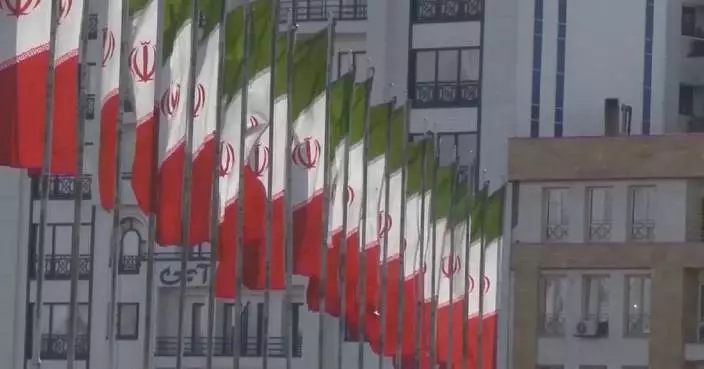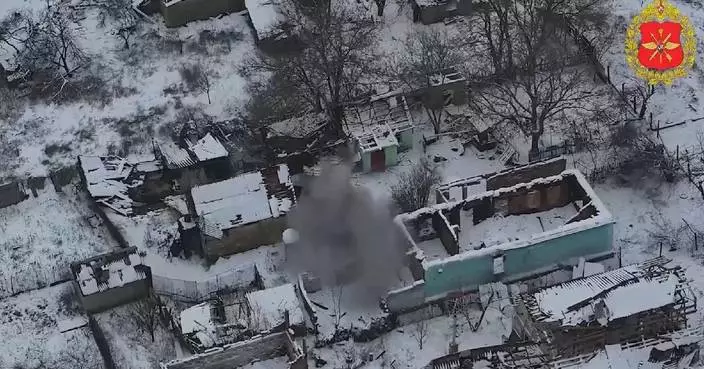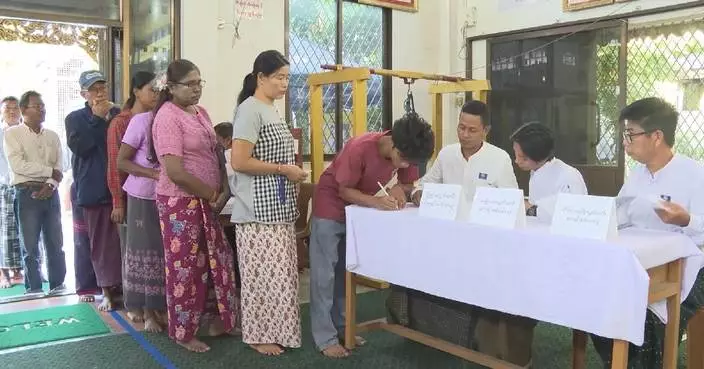Chinese Foreign Minister Wang Yi on Thursday met with Ugandan Prime Minister Robinah Nabbanja, who attended the opening ceremony of the Fourth China-Africa Economic and Trade Expo, in Changsha, capital of central China's Hunan Province.
Ugandan Foreign Minister Odongo Jeje Abubakhar and others were present.
Wang, also a member of the Political Bureau of the Communist Party of China (CPC) Central Committee, said that Uganda is an important country in Africa and a representative of emerging economies. President Xi Jinping and President Yoweri Kaguta Museveni have established mutual trust and friendship, providing impetus and assurance for the development of China-Uganda relations, said Wang.
Last autumn, the Beijing Summit of the Forum on China-Africa Cooperation (FOCAC) was successfully held, and the outcomes of the Summit have already been effectively implemented in Uganda, said Wang, noting that in the first quarter of this year, Uganda's exports to China increased by nearly 90 percent year on year.
China is full of confidence in the prospect of China-Uganda relations and stands ready to deepen practical cooperation in various fields and work together to promote the sound, steady, and sustainable development of bilateral relations, said Wang Yi.
Wang Yi stated that China and Uganda maintain strategic communication and coordination on international and multilateral affairs and jointly safeguard the legitimate rights and interests of Africa and the vast number of developing countries. China is willing to work with Uganda and other African brothers and sisters to support and practice multilateralism, oppose unilateral bullying, and safeguard the basic norms governing international relations, said Wang.
Nabbanja said that Uganda and China respect and understand each other and keep close communication and contact. She expressed appreciation to China for its long-term and valuable support in Uganda's infrastructure construction and economic and social development. Uganda and China have achieved remarkable results in cooperation within the frameworks of the Belt and Road Initiative and the FOCAC, said Nabbanja.
The 10 partnership actions put forward by President Xi Jinping are highly consistent with Uganda's development goals, and Uganda looks forward to further deepening cooperation in key areas such as airport expansion, digital transformation, and agricultural modernization, said Nabbanja.
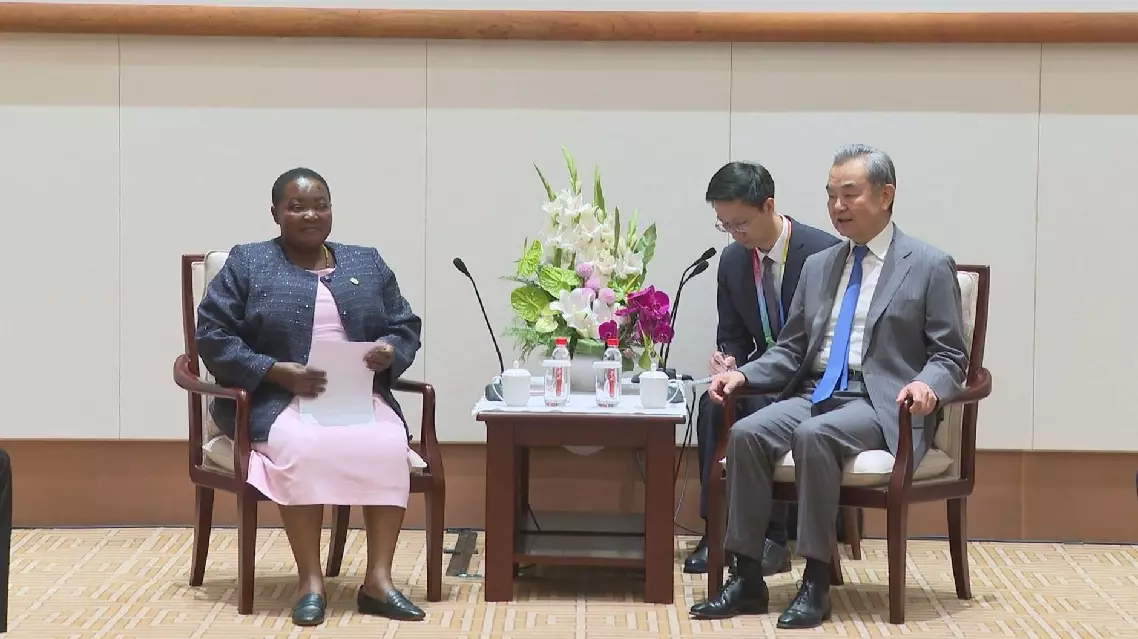
Ugandan prime minister meets with Chinese foreign minister
A major port in northern Venezuela came under U.S. airstrikes in the early hours of January 3, which caused extensive damage to civilian infrastructure, destroyed critical medical supplies in a warehouse, and severely impacted centuries-old cultural heritage sites, according to local residents.
The La Guaira Port, a vital hub for imports that support daily life in the region, was heavily damaged during the attack.
Large quantities of medical supplies stored at the port were destroyed. A historic cultural building dating back for some 300 years was also badly damaged by the bombardment.
Residents living near the port recalled the terrifying scenes as explosions shook nearby neighborhoods.
Humberto Bolivar, who lives in a community separated from the port by only a main road, said the blast waves shattered his home's windows, while stray shrapnel struck the water tank on his roof. According to reports, three missiles were fired at the port that night.
Bolivar said that beyond material losses, he is most concerned about the psychological impact on his children, who remain too frightened to leave their home days after the attack.
"The United States invaded our country. The children were frightened. This is not good for them, because it leaves some children with psychological trauma. They do not want to go to school or leave the house, because they are afraid that something worse might happen. We truly do not want this to happen to our country," he said.
Apart from civilian facilities, local cultural heritage site was also affected.
The La Guaira state government building, a structure with nearly 300 years of history and once served as the site of Venezuela's first national customs office, was struck by the force of the explosions.
Windows of the building were shattered, and furniture scattered across the floor.
"As people of La Guaira, we feel deep pain. Our cultural heritage has been bombed. We are living in constant anxiety and suffering, and life can no longer be the same as it was before," said a local named Henry Cumares.
The U.S. side has claimed the airstrikes targeted warehouses allegedly used to store narcotics. However, locals refuted such accusation.
"According to what Donald Trump said, they bombed this place using the excuse that the warehouses here were used to store drugs at the port. But based on the video released by our governor, these warehouses that were burned contained medicine for kidney patients and foods. Many people depend on these supplies to survive. I think the bombing is extremely despicable," said a local resident named Alejandro Capriles.
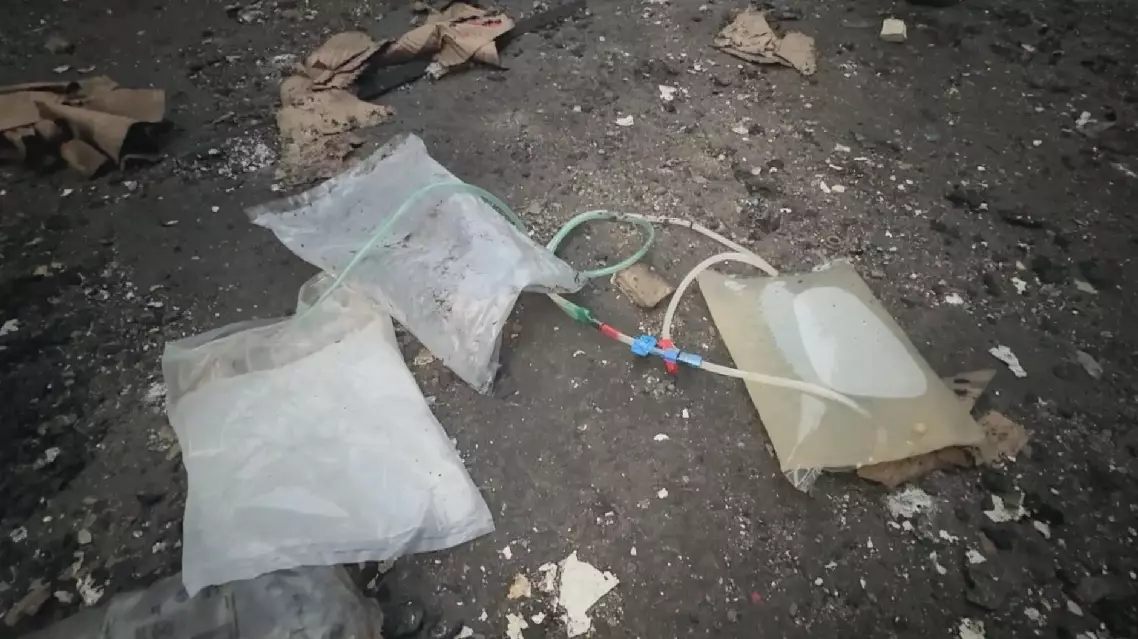
US strike hits Venezuelan port, wrecking medical supplies, heritage building




